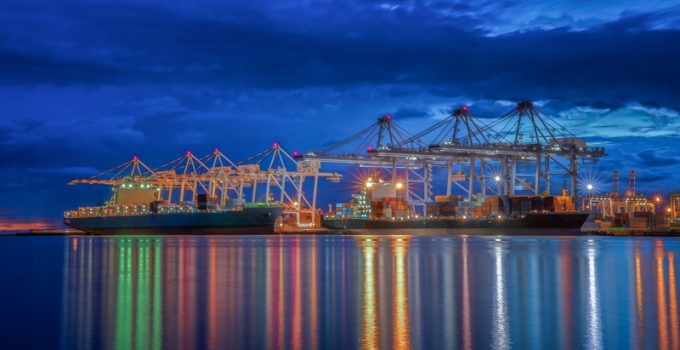Red tape and emissions trading: ETS hits non-EU shipowners hard
Asian shipowners are likely to be hit the hardest by the cost of the EU ...

A Singapore government initiative to reform customs procedures to make its massive port more attractive to shippers for transhipment has been criticised.
A group of large multinational shippers claim it could aid the growing trade in counterfeit goods.
In May, the government called for consultation on amending its customs act, which would allow Singapore’s customs authorities to allow shippers not to submit manifest data on shipments transhipped at its vast container and air cargo terminals.
“This amendment helps Singapore Customs better manage the compliance requirements ...
Maersk u-turn as port congestion increases across Northern Europe
Apple logistics chief Gal Dayan quits to join forwarding group
Maersk Air Cargo sees volumes fall as it aims for 'margin in favour of revenue'
Airlines slash freighter capacity post-de minimis, but 'the worst is yet to come'
Houthis tell Trump they will end attacks on Red Sea shipping
Transpac rates hold firm as capacity is diverted to Asia-Europe lanes
MSC revamps east-west network as alliance strategies on blanking vary
India-Pakistan 'tit-for-tat' cargo ban sparks sudden supply chain shocks


Comment on this article
donald
August 08, 2017 at 5:50 pmOne of the most effective ways to combat the fake markets is to mass serialise the original goods and empower the customers to check the originality and other product’s characteristics. Serialization is maybe the most powerful and cost effective anti-counterfeit solution, the one offered by MY-VALIDACTOR are immediately available, easy to implement and at a cost near to zero.